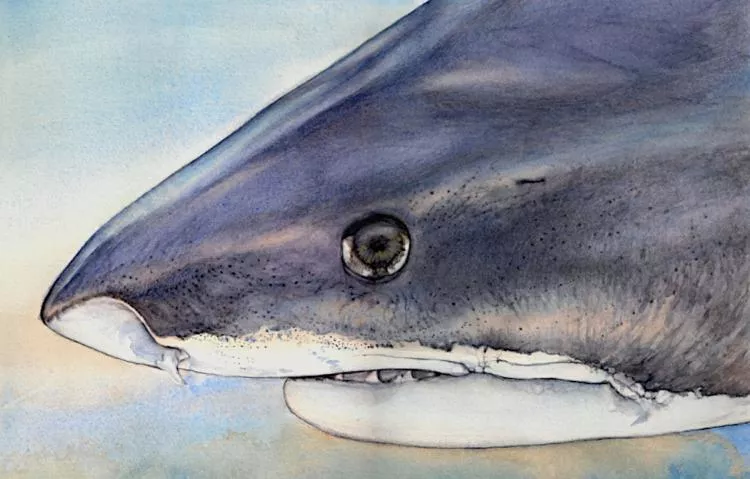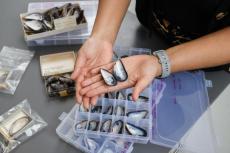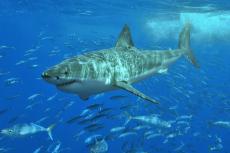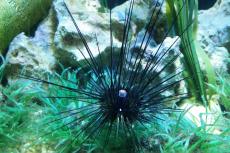Shark Bites: Evaluating the Mistaken Identity Hypothesis
The Mistaken Identity Hypothesis (MIH) has long captured attention as an explanation for shark bites on surfers, swimmers, and snorkellers. The theory suggests that sharks mistakenly identify humans as their typical prey due to similarities in appearance. While this hypothesis provides a straightforward narrative, it remains unproven, prompting researchers to delve deeper into its origins, characteristics, and viability.
The hypothesis has been questioned in a recent study by Dr. Eric E.G. Clua and Dr. Carl G. Meyer, published in a Special Issue of the journal Behaviour. They point out that not only is it unsupported by the evidence, but it fails to stand up to close scrutiny.
The origin of the Mistaken Identity Hypothesis
The concept of mistaken identity was first introduced in 1974 and it gained significant traction in the following years. Over time, the MIH transitioned into a widely accepted notion. It was appealing because of its simplicity and for absolving sharks from intentional blame in human-shark encounters. However, despite its widespread acceptance, the MIH is not supported by concrete evidence.
Recent studies have sought to explore factors influencing the probability of mistaken identity bites, including environmental conditions, clothing resembling shark prey, shark behaviour, and proximity to natural prey areas. It was found that these factors are not necessarily applicable to shark bite incidents. For instance, while turbid water is often cited as a cause for mistaken identity bites, most shark bites occur in clear water. Similarly, the assumption that sharks mistake surfers wearing black wetsuits for seals lacks empirical evidence.
Where the Mistaken Identity Hypothesis fails
The hypothesis is based on sharks mistaking the visual appearance of their prey, but this idea oversimplifies the complex sensory abilities of sharks. In fact, hearing, the sense of smell, the electrosense, and the lateral line sense have all been found to play crucial roles in shark predation. The MIH also fails to consider other explanations such as exploratory behaviour in sharks.
Several publications have critiqued the MIH, highlighting the speculative nature of attributing shark attacks to mistaken identity. Critics argue that assuming sharks mistake humans for prey overlooks the nuanced behavior and sensory capabilities of these predators. Instead, they propose natural investigative and exploratory behavior as a more plausible explanation for shark bites on humans.
A plausible alternative
Sharks are opportunistic predators with innate tendencies for exploration and investigation. Their behaviour is influenced by individual personalities and the need to learn predatory skills without parental guidance. While some sharks may exhibit boldness and risk-taking, most remain cautious in novel situations. The prey exploration hypothesis suggests that shark bites on humans result from curiosity rather than mistaken identity.
This hypothesis aligns with observations that most shark bites on humans are superficial and result in the victim being abandoned rather than consumed. It suggests that sharks explore novel objects, including humans, as potential prey, with external and internal factors playing only a marginal role. Ultimately, this perspective challenges the notion of sharks making 'mistakes' and instead emphasizes their role as curious predators in their environment.
In conclusion, the Mistaken Identity Hypothesis, while appealing in its simplicity, lacks empirical support and fails to take into account the complex behaviour of sharks. Natural investigative behaviour is a more likely explanation for most shark bites and offers a more nuanced understanding of shark-human interactions.

























